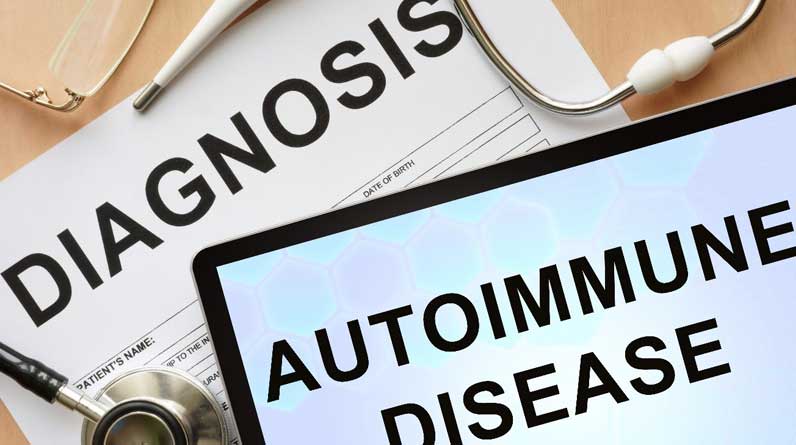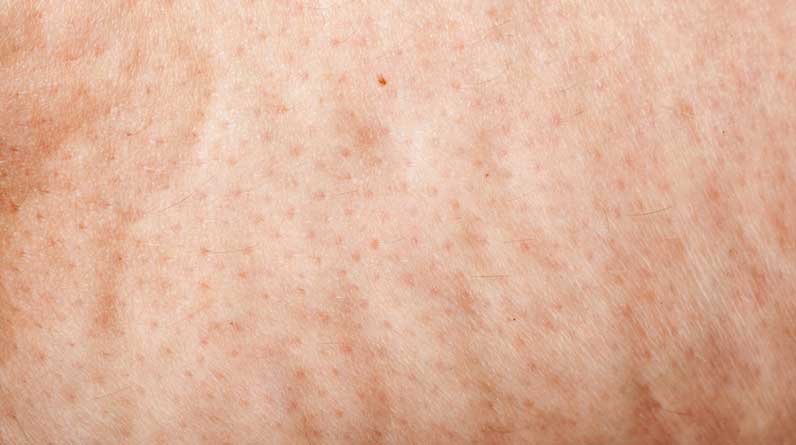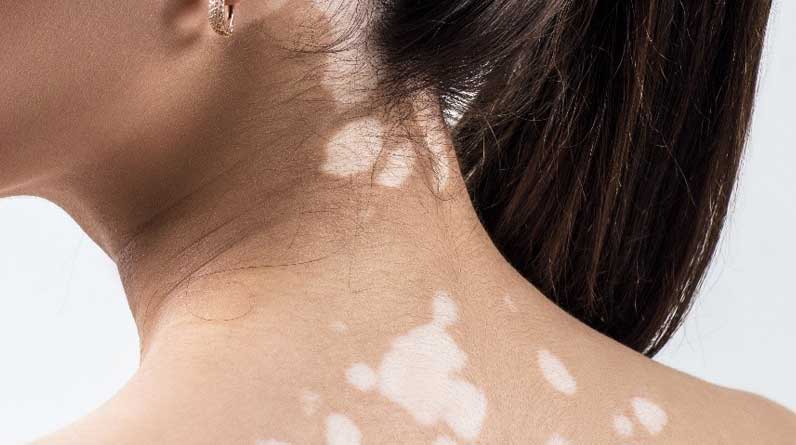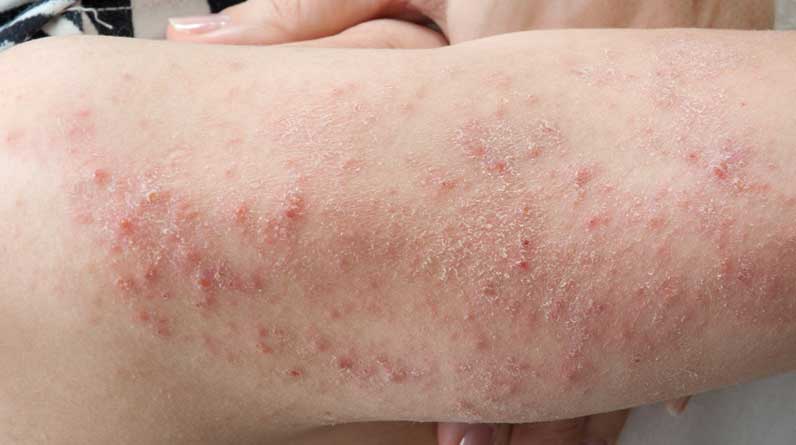
Skin Autoimmune Disease
Autoimmune skin diseases, disorders, and syndromes are quite variable, and the individual conditions can cause symptoms that range from mild to severe.
In most cases, the causes of any particular autoimmune skin disease are uncertain, and more research needs to be done to study the condition. These diseases are typically due to genetics, environmental factors, and other uncontrollable scenarios.
The good news is that autoimmune skin diseases can usually be treated. Although a cure has yet to be found in most of these conditions, they can be adequately managed.
The following will be discussing what an autoimmune skin disease is, what types of disorders exist, and the causes and treatments of these illnesses.
What is an Autoimmune Skin Disease?
At its most basic, an autoimmune disorder is the result of the body attacking itself. Depending on the particular disorder, the attack occurs on various parts of the body, from organs and bones to joints, muscles, and skin tissue.
An autoimmune skin disorder is when the immune system falsely identifies the healthy skin tissue as something harmful, so it attacks it. This causes the skin to react in several ways, some of which can be quite painful.
Autoimmune Skin Disease Signs And Symptoms
Many autoimmune skin disorders are characterized by several different signs and symptoms:
- Skin Swelling & Inflammation
- Redness, Itchiness, & Pain
- Scaly, Dry, Rough Skin
- Rashes
- Bumps, Bruises, and Benign Cysts
- Skin Sores
- Loss of Skin Color or Pigment
- Warts, Moles, and Lesions
The cause for these immune system disorders has been difficult to pinpoint. Although there doesn’t seem to be a solution to cure these autoimmune disorders currently, there are treatments that can prevent further expansion of the condition and relieve many symptoms.
Types of Autoimmune Skin Diseases
There are several different types of autoimmune skin diseases. The following is a list of some of the most common types:
- Dermatomyositis
- Scleroderma
- Lichen Planus
- Behcet’s Disease
- Dermatitis
- Pemphigus
- Lupus of the skin
- Pemphigoid (Bullous, Mucous, Gestationis, etc.)
- Linear IgA Disease
- Psoriasis
- Epidermolysis
Let’s discuss some of these types in more detail.
Dermatomyositis
Dermatomyositis is an inflammatory autoimmune disease that affects the skin and muscle tissues of the body. While this disease can affect anyone, it usually occurs in more mature adults and young children. In a few cases, early signs of dermatomyositis can be a warning sign of cancer as well.
This condition leads to purple rashes on the face, itchy scales throughout the body, and muscle weakness.
Scleroderma
While scleroderma is mostly thought of as a skin disorder, it actually can affect the body in its entirety. Those suffering from scleroderma will most likely experience changes in their skin at first. However, as symptoms progress, those with severe scleroderma may develop further problems in muscle tissue, blood vessels, and other organs.
Both men and women are prone to scleroderma, but it has been shown to be most prevalent in mature, middle-aged women.
Scleroderma can be characterized by skin calcification, blueness in the hands and toes, finger thickness, joint pain, shortness of breath, heartburn, and constipation.
Lichen Planus
Lichen Planus is a condition by which the skin, hair, and nails become irritated and swell. Signs and symptoms include purple pigmentation, flat-like bumps, and itchiness of the skin.
The good news is that many cases are mild in nature and can be treated and managed without medical care.
Behcet’s Disease
This is a rare disorder of the skin caused by inflammation in the blood vessels throughout the body. People with this condition can have sores in the mouth, skin rashes, genital ulcers, and problems with the eyes. As for treatment, Behcet’s Syndrome can often be treated with medication that helps to reduce the immune response, such as corticosteroids. These will help to reduce symptoms and relieve complications.
Treatment For Autoimmune Skin Diseases
Most medical treatment for Autoimmune Skin Diseases is with medication that impedes the immune system from attacking the skin.
Other treatments can include:
- Antibiotics
- Topical ointments
- Laser therapy
- Steroid creams
- Surgery
Other immunosuppressive drugs
While autoimmune skin disorders are not curable, they’re typically non-fatal and largely manageable if treated correctly. As always, consult with a medical professional for advice, guidance, and diagnosis.
Final Thoughts
Educating yourself about the proper causes, treatments, and types of skin diseases out there can be imperative to your overall health and success. Some skin disorders are more severe than others, and as such, should be treated as so.
When a sign or symptom of one of these conditions arises, don’t ignore it. Instead, be proactive and consult with a medical professional for the best treatment and course of action.





